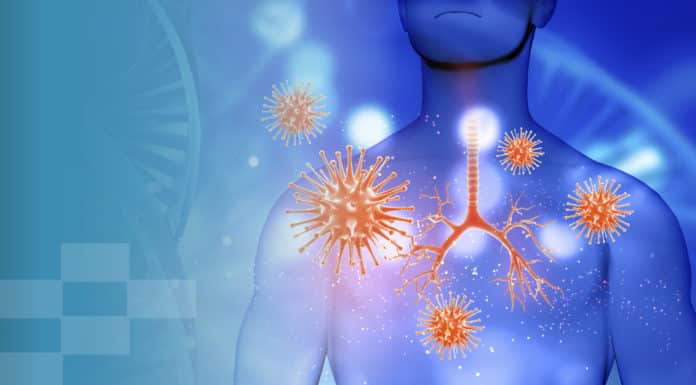Discovered in 1972, Thymosin alpha is a portion of the thymosin peptide found naturally in the body. Clinical studies were conducted on CF, TB, CMV, respiratory diseases, chronic hepatitis, and cancer. In 35 developing countries, it has been given the green light to treat chronic hepatitis B and C infections.
Science of Thymosin Alpha-1
Immune System Regulation by Thymosin Alpha-1
Thymosin alpha-1 is a potent immunological regulator first isolated from thymus gland tissue. Making and regulating T-cell maturation is the thymus’s job. T-cells play a vital role in the adaptive immune system, where they aid in recalling previous infections and enhance the performance of other immune system cells to fend off new ones better.
According to studies conducted in mice without thymus glands, Thymosin alpha-1 alone is sufficient to restore immunological function and avoid widespread infection. The peptide acts on the cellular level of the immune system to activate signaling pathways and boost the generation of cytokines and other molecules that aid in the coordination of immune cell activity. Therefore, thymosin alpha-1 has several practical consequences for the immune system.
Thymosin alpha-1 shows promise as a valuable component in vaccine development. Because of the dangers associated with delivering even weakened live infections, many vaccinations now consist of inactivated (dead) microorganisms. Inactivated immunizations don’t provide as much protection, unfortunately.
The increased immunological response to inactivated vaccinations induced by Thymosin alpha-1 may be the answer to this predicament. The end consequence would be not just improved immunity but also increased immunity that lasted for a more extended period. This may be useful in the presence of life-threatening illnesses like avian flu, HIV, and others.
Thymosin alpha-1’s immune-regulatory abilities may also be helpful in other contexts, such as sepsis. A life-threatening illness, sepsis is brought on by an overreaction to an infection by the immune system. A modifiable immune response in this situation has the potential to save lives and avoid organ damage. Preliminary evidence shows that Thymosin alpha-1 reduces mortality and long-term morbidity in sepsis patients. Early findings show Thymosin alpha-1 may soon be authorized as an adjuvant medication for sepsis; however, more study is required.
Thymosin stimulates axonal outgrowth.
The immune system has crucial functions in the maturation and maintenance of the mammalian brain and other parts of the central nervous system. Recent studies in mice have shown that peripherally administering the peptide, known as Thymosin alpha-1, may improve cognitive performance. Several genes involved in neuron proliferation and the formation of synapses seem to be influenced by Thymosin alpha-1.
The peptide modifies the nervous system’s environment to promote growth and development while inhibiting inflammatory and neurodegenerative processes. In a nutshell, Thymosin alpha-1 enhances both brain structure and function. The chemical has drawn attention as a potential treatment for neurodevelopmental disorders, including cerebral palsy.
Hepatitis and Thymosin Alpha-1
Specialists can effectively treat chronic hepatitis B and C infections with Thymosin alpha-1, and the medication is also relatively cheap. Licensed professionals may also use it with immunizations against both viruses to boost their effectiveness. More than 35 nations have authorized Thymosin alpha-1 to treat hepatitis B and C.
HIV and Thymosin Alpha-1
Since the 1980s, when HIV was first identified, antiretroviral treatment has gone a long way, but it still cannot restore immune function to pre-AIDS levels. Oddly enough, antiretroviral treatment has been associated with immune system dysfunction (especially in cytotoxic T cells) and chronic inflammation. Those receiving highly active antiretroviral treatment may benefit from Thymosin Alpha-1 because it helps restore immunological homeostasis and improves the quality of life (HAART).
For more information on this subject, click here.





